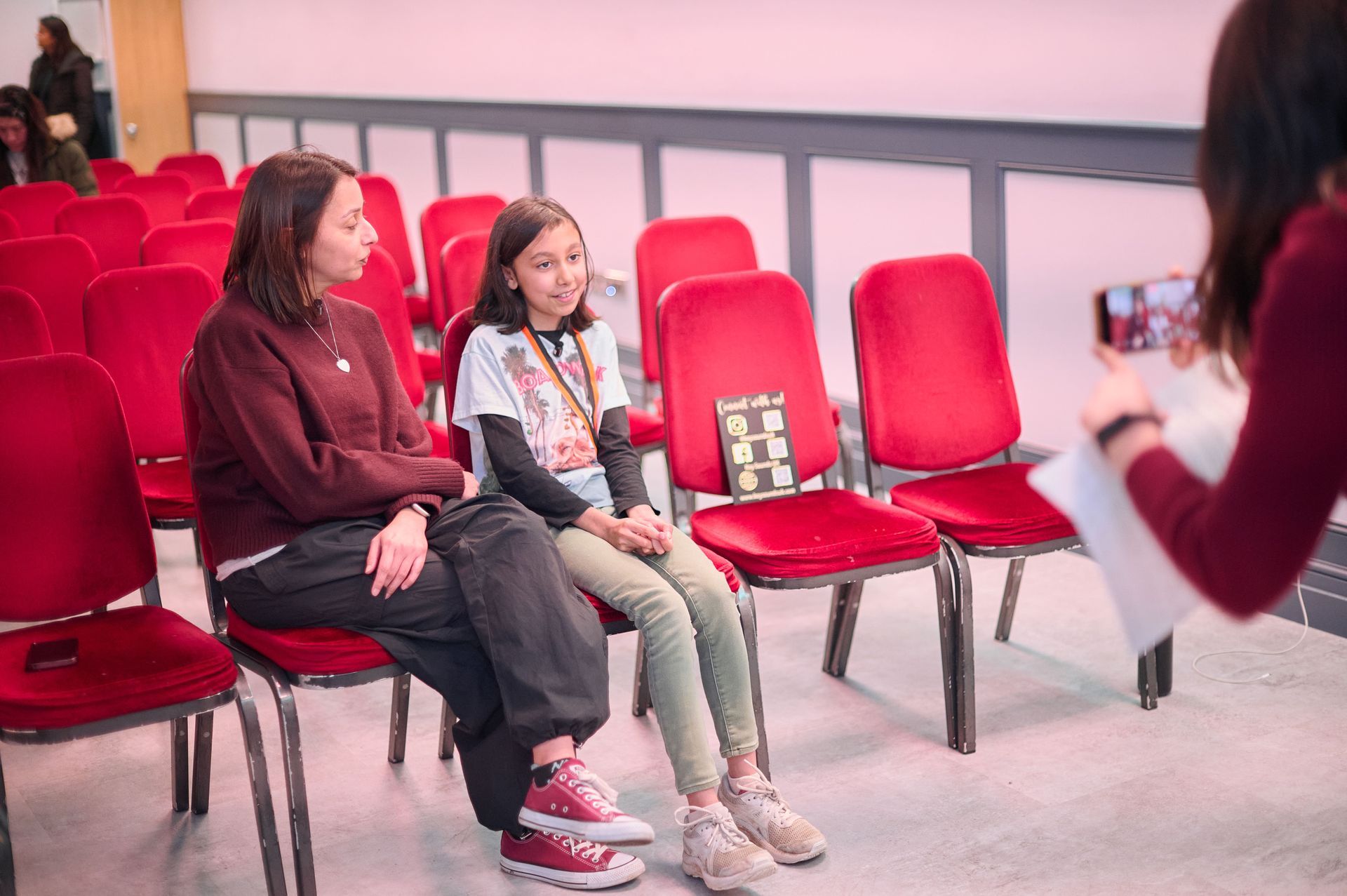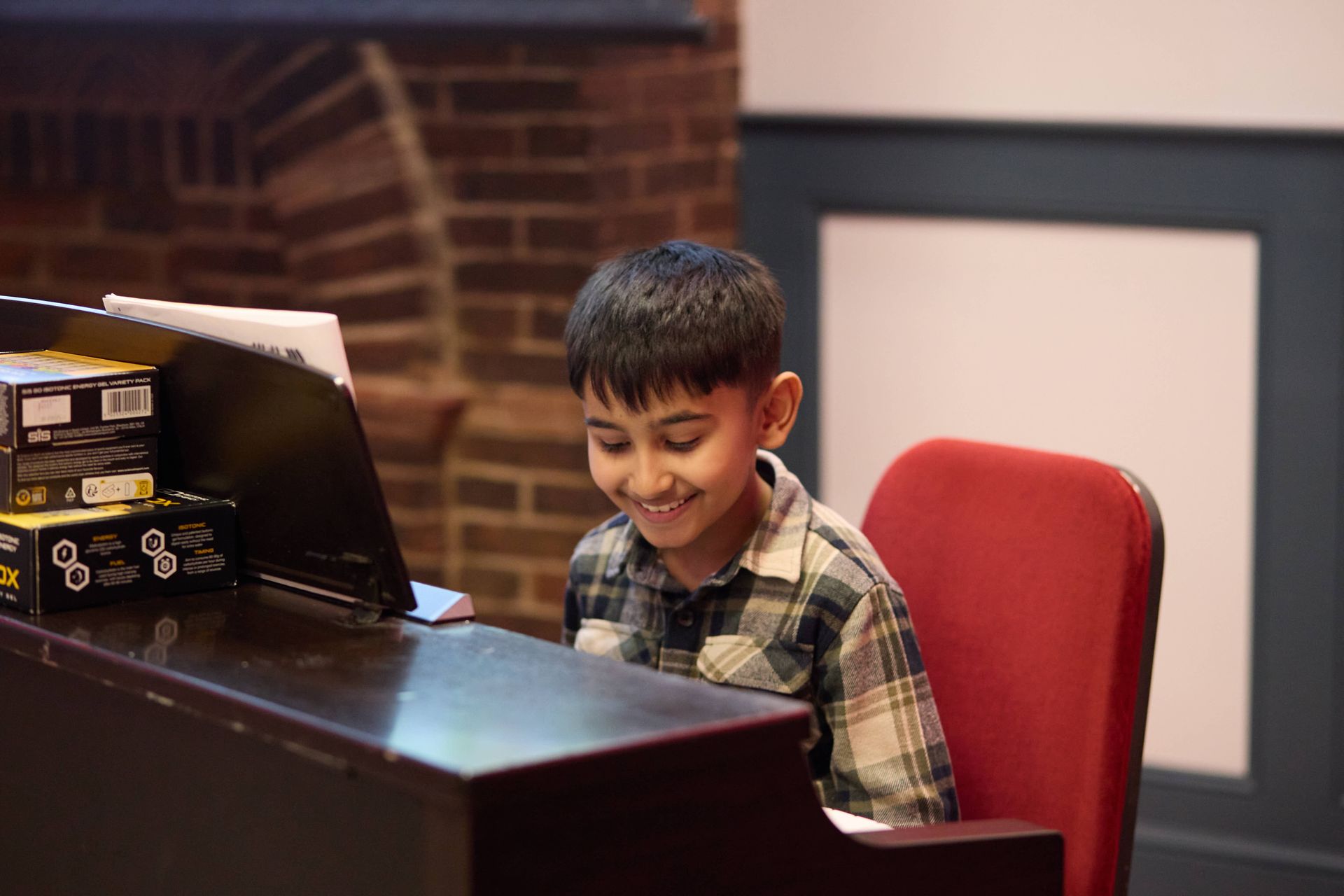Common Finger Patterns for Piano Players

2) Scales
For most scales which are one octave, when we are ascending, which means moving from LEFT to RIGHT on the keyboard we will use the following finger pattern for your right-hand it will be 123 then we tuck our thumb under our 3rd finger to then play followed by 12345. For our left-hand it will be the opposite which is: 54321 then our 3rd finger crosses over our thumb and we play 321.
Similarly, when we play two octaves, we will use the finger pattern for our right-hand which is 123 we then tuck our thumb under and play 1234, we then tuck our thumb under and play 123 and finally we tuck our thumb under to play 12345.
When we are descending, which means we are moving from RIGHT to LEFT on the keyboard, we complete the patterns in reverse order.
3) More complex finger patterns
Once you’ve come to grips with the more basic scales you can move onto the more complex scales. The more complex scales involve playing a different finger pattern as they use more black keys.
4) Chord patterns
Whilst there is a variation of chord patterns the most common finger positions in the right-hand for a 3-note chord in root position is 1, 3 and 5 or 1, 2 5. Whereas for the left-hand also in root position the finger position would be 5, 3 1 or 5, 2 1. These patterns tend to vary based on how often you will play the black keys, hand flexibility and shape.
5) How to take the first step once you’ve learnt scales and chords
Once you’ve mastered steps 1 – 4. There are basic sight-reading books where you try these patterns out for yourself!
We highly recommend checking your hand position, finger position and posture with a qualified piano teacher or mentor to see if they think these are the ideal patterns for you to use.
A tip when working out your own fingering position is to experiment and spot patterns based on the knowledge you have learnt from scales and chords. Another tip would be, generally where you can see repeated patterns the finger position should be identical to create ease when learning to play this piece of music.



